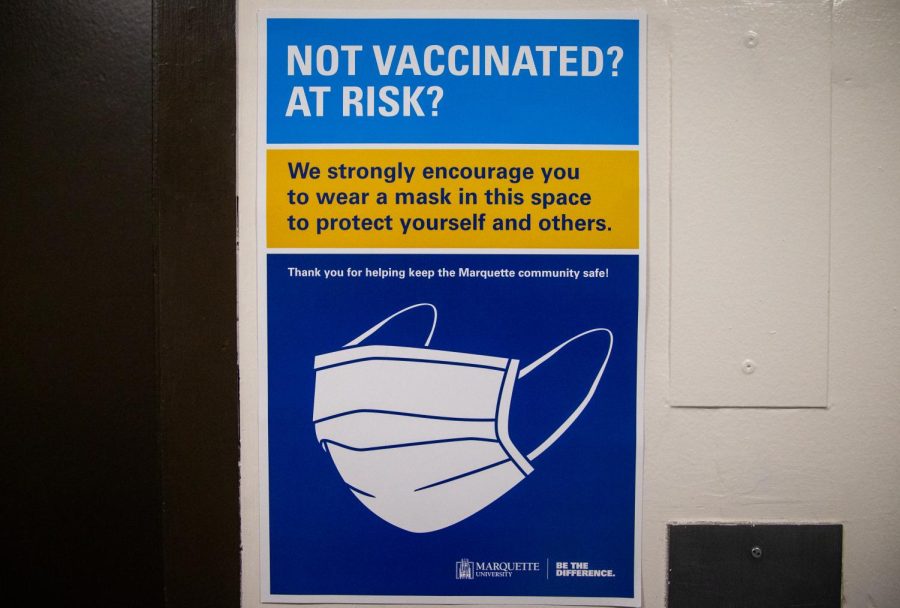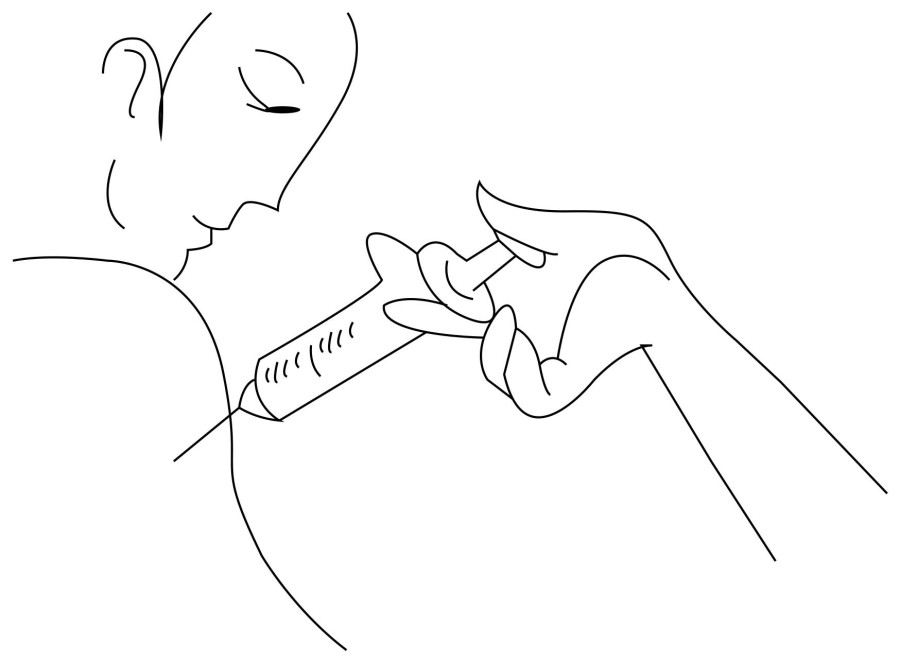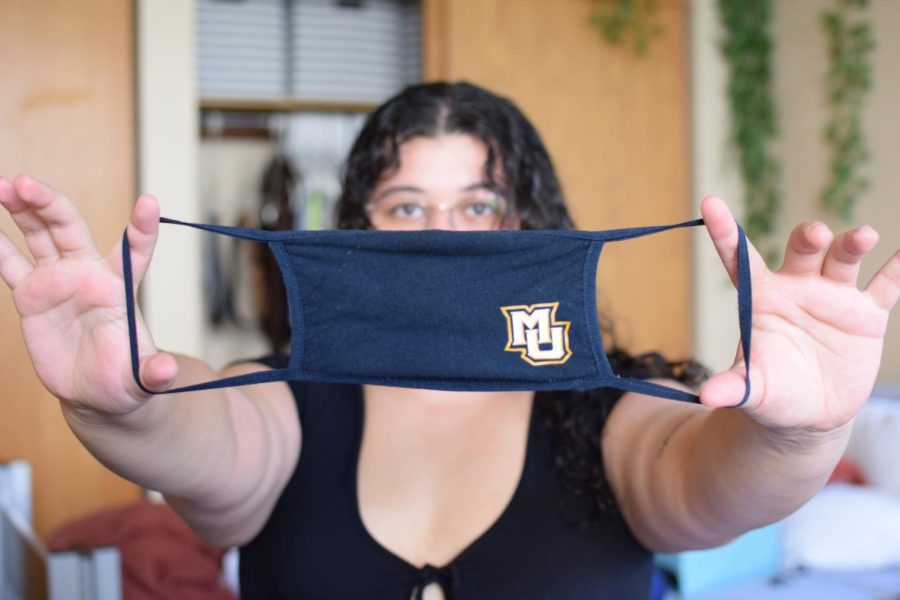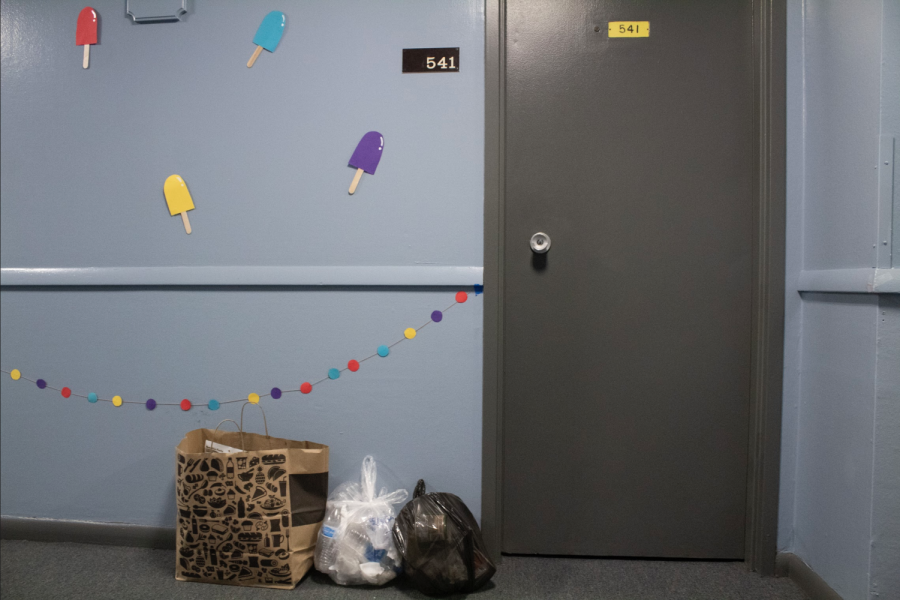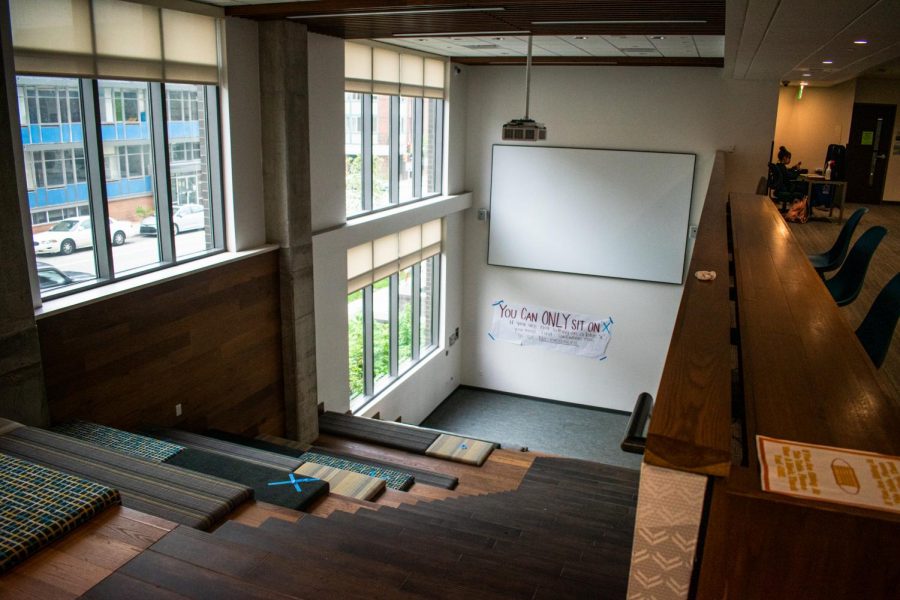Wash your hands. Cover your mouth. Use hand sanitizer.
These messages have been proclaimed by the university on posters and in e-mails, but what has been less publicized are the options students have if they do catch the H1N1 influenza.
While students have alternative options on campus, the Office of Residence Life is recommending that the best course of action is for students to recuperate at home. Services are being provided by ORL, Sodexo and Student Health Service in the event that a student cannot go home, said Mary Janz, associate dean of residence life.
“We encourage (students) to contact SHS,” Janz said. “If they feel like they need to go to the hospital, we can contact Public Safety for transport.”
Janz said ORL is working closely with Student Health Service to monitor any cases of influenza that may be reported to ORL staff, like resident assistants.
“I had the option of meals in my room but I never used it because I was told to go home until my fever passed,” said Greg Isaac, a sophomore in the College of Communication who suspects he had the H1N1 influenza. “After looking at what the symptoms of swine flu were, I compared them to what I was feeling. Based on that, I did feel like it was possible I had swine flu.”
Isaac said he went to the hospital before going to SHS. Both medical facilities declined to test him for the H1N1 influenza but did recommend that Isaac isolate himself because he probably had the virus.
“I feel the campus has done all they can do with H1N1,” Isaac said. “Students need to be here for class, obviously, so there needs to be some sort of containment.”
If students are not able to travel home to recuperate, SHS and ORL are offering on-campus alternatives. Various residence halls have open rooms and one residence hall has an open floor, which are being used for students who wish to isolate themselves on campus, said Carolyn Smith, SHS senior physician.
“Students should work with their hall adviser to determine the best situation for them to recuperate,” Smith said.
The rooms being held on campus for this purpose have private bathrooms to minimize the risk to other students, Janz said. Most students are electing to go home.
Students are also told they may stay in their room if they have the consent of their roommate.
“They wear a mask when the roommate is in the room and that minimizes the risk of transmission,” Janz said.
For some students, including Isaac, both roommates have the flu.
Janz said ORL has partnered with SHS to inform all resident assistants and apartment managers of the options available to students who have the H1N1 influenza.
“The Office of Marketing and Communications is the office that’s been spearheading the official information that’s gone out on behalf of the university,” Janz said.
While some sources, such as the American College Health Association, are tracking the number of students affected by the H1N1 influenza, Marquette is not.
“We have no way of knowing (how many students have the H1N1 influenza),” Janz said. “We are not tracking those numbers. We’re just managing those cases as they arrive.”
In data released on its Web site, the ACHA reported an overall 2 percent increase in the number of influenza-like illnesses during the first week of October at the 273 colleges surveyed across the country. In Wisconsin, it is reporting a 28 percent drop in reported cases.


